This was perfectly on topic. Seems this is a biased moderation here.
- 1.56K Posts
- 411 Comments
Removed by mod

 94·29 days ago
94·29 days agoAs an addition on the topic:
Modern slavery in China according to the human rights organization Walk Free
Since 2018, evidence of forced labour of Uyghur and other Turkic and Muslim majority peoples has emerged in the Xinjiang Uyghur Autonomous Region (Uyghur Region) […] Forced labour imposed by private actors is also reported, in addition to forced marriage and organ trafficking, with vulnerability primarily driven by discriminatory government practices.
The 2023 Global Slavery Index (GSI) estimates that 5.8 million people were living in modern slavery in China on any given day in 2021 […] This estimate does not include figures on organ trafficking, which evidence indicates does occur in China.
Forced labour is exacted by the Chinese Communist Party (CCP) as a means of racial and religious discrimination; political coercion and education; and as punishment for holding views ideologically opposed to the state. It is reported alongside mass surveillance, political indoctrination, religious oppression, forced separation of families, forced sterilisation, torture, sexual violence, and arbitrary detention in so-called “re-education camps” within the Uyghur Region […]
Forced labour is exacted under the guise of vocational training and poverty alleviation – a scheme promulgated by the CCP to raise living standards in “ethnic areas.”
Globally, an estimated 50 million people were living in modern slavery on any given day in 2021. This is nearly one in every 150 people in the world. Walk Free writes:
Modern slavery is hidden in plain sight and is deeply intertwined with life in every corner of the world.

 32·29 days ago
32·29 days agoThis is about products from China, produced with forced labour in China, wrongfully labeled as ‘Italian’.
And, yes, the conditions in the agri-sector might be bad, they must be improved, which is another reason why we need more transparency in supply chains.

 31·30 days ago
31·30 days ago… alle Waren aus China verbieten, die nachweislich nicht aus einem von Sklaverei betroffenen Teil des Landes kommt. Aber da wird sich vermutlich niemand herantrauen.
Das ist die Aufgabe u.a. eines Lieferkettengesetzes, wogegen nicht zuletzt China massiv lobbyiert.
Und ja, es gibt Arbeitsrechtsverletzungen in Europa auch, und das muss abgeschafft werden. Aber das hier ist etwas ganz anderes:
Schichten bis zu 20 Stunden, körperliche Misshandlungen durch die Wärter und sogar Vergewaltigungen. Wer die vorgegebenen Produktionsquoten nicht erfüllt habe, dem seien zudem die Nahrungsmittelrationen gekürzt worden.
Wie viele der Zwangsarbeiterinnen und Zwangsarbeiter aus dem „Kyohwaso Nummer 12“ einen frühzeitigen Tod starben, ist nicht bekannt. Sehr wohl jedoch erzählten die Insassen übereinstimmend, dass die Leichen der Lagertoten an einem nahegelegenen Berghang verbrannt wurden, ohne dass ihre Familien davon in Kenntnis gesetzt wurden.
„Einige Zeugen sagten uns, dass der Anblick des Rauchs von diesem Berg der stärkste Grund für sie war, unbedingt überleben zu wollen, um außerhalb des Lagers zu sterben“, sagt Aktivistin Hosaniak.

 21·1 month ago
21·1 month agoYes, I agree. It’s far from being perfect anywhere. I’d just say we shouldn’t generalize. One thing we need is more transparency in our global supply chain I guess.

 122·1 month ago
122·1 month agoThis is not about Italian tomatoes but Chinese. Working conditions in agriculture may be worse than in other sectors, but here we apparently deal with slave-like conditions in Chinese prison-factories. Just read my other comment in this thread or the whole article.
I also think that Italy delivers high quality products in a lot of industries, including in the food sector if I may say so. But this article is about China anyway in the first place.

 271·1 month ago
271·1 month agoMamutjan, a Uyghur teacher who was imprisoned in 2015 for an irregularity in his travel documentation, says he was beaten for failing to meet the high tomato quotas expected of him.
“In a dark prison cell, there were chains hanging from the ceiling. They hung me up there and said ‘Why can’t you finish the job?’ They beat my buttocks really hard, hit me in the ribs. I still have marks.”

 152·1 month ago
152·1 month agoChina Is Studying Russia’s Sanctions Evasion to Prepare for Taiwan Conflict – (Archived link)
China has been supporting Russia’s economy since the start of the Ukraine war by buying its oil while supplying it with everything from microelectronics to washing machines.
Meanwhile, Beijing has been getting its own strategic benefit: a real-world case study in how to circumvent Western sanctions.
An interagency group, set up by China in the months following the full-scale invasion, has studied the impact of sanctions and produced reports regularly for the country’s leadership, according to people familiar with the matter. The goal is to draw lessons about how to mitigate them, particularly in case a conflict over Taiwan prompts the U.S. and its allies to impose similar penalties on China, the people said.
As part of the effort, Chinese officials periodically visit Moscow to meet with the Russian Central Bank, the Finance Ministry and other agencies involved in countering sanctions, the people said.
The Chinese study effort, which hasn’t previously been reported, is emblematic of the new age of economic warfare unleashed by Russia’s invasion of Ukraine, where the lines between economic policy and geopolitical strategy are increasingly blurred. That trend is only likely to be amplified by Donald Trump’s second presidential term, where he plans to turbocharge the use of tariffs as a tool for negotiation and coercion.

 32·1 month ago
32·1 month agoI think we must help those Russians who openly speak out against Putin’s regime and the war in the Ukraine, there are many.

 31·1 month ago
31·1 month agoSowas funktioniert aber nur, wenn sich alle an die Regeln halten. Vor allem muss es dann auch Reziprozität geben. Von ‘Open Science’ will China meist nur dann etwas wissen, wenn es um ausländische Forschung geht. Bei eigenen wissenschaftlichen Arbeiten hat die chinesische Regierung eine ganz andere Sichtweise, da will man von ‘open’ meist nichts wissen. Ich habe das in Thread schon gepostet, aber hier passt es nochmal: Open Science Investigation

 21·1 month ago
21·1 month agoJa, da gibt es sehr viel Grund zur Sorge, wie man u.a. auch an der China Science Investigation einer Rechercheplattform sieht.

 111·1 month ago
111·1 month agoThis is, at least to a large part, Russian propaganda. The regime needs to create an enemy for covering up its own incompetence, find a reason to start a war, and sending the country’s citizens to the meat grinder. But the ‘elite’ is enjoying Western lifestyle and sometimes even their ‘golden passports’. Many live in the West if and when they are not (yet) sanctioned. And while schools at home are becoming more and more indoctrination camps, the political elite and the oligarchs send their own children to Western schools and universities (one of Putin’s daughters lives in Paris, France, as media have reported these days, for example).
This is not very illuminating as ‘talks’ are almost the norm, especially if a company has filed for bankruptcy protection. They can almost not not talk.
Whether they really engage in a closer partnership is a different question altogether. If so, it would not be good for Northvolt in the long run imo.

 22·1 month ago
22·1 month agoGeorgescu’s unexpected gains are partly linked to his social media strategy. He has used platforms like TikTok effectively to sway voter opinion and spread propaganda. However, allegations that his campaign is using fake accounts to fabricate comments and manipulate social media activity have also surfaced […]
Georgescu […] praised Romania’s former dictator and Nazi ally during the second world war, Marshal Ion Antonescu, referring to him as a “martyr” who also did “good deeds”. […] He has also positioned himself as pro-Putin, praising the Russian president as one of the world’s few “true leaders”. He has criticised Romania’s support for Ukraine, claiming that Nato would not defend Romania if it were attacked. And he advocates for nationalist policies, aiming to reduce Romania’s reliance on imports and distance the country from the EU […]
His TikTok account, which was set up in 2022, has more than 400,000 followers and millions of views. Numerous accounts, groups and pages in his support have also proliferated on Facebook, Instagram, and X (formerly Twitter) […]
He has also claimed in interviews that women are incapable of leading Romania, and that feminism is “absolute dirt”. In one video, he declared that “only a man can do this”, referring to the presidency. These videos come not only from Georgescu’s official TikTok accounts, but also from unaffiliated accounts using his name in profiles or bios to promote his election […]
These clips [on Tiktok] often rely on emotional appeals and misinformation […]
During Georgescu’s campaign, accounts displaying bot-like behaviours have been highly active in the comment sections on TikTok, YouTube and Facebook […]
Using bots to inflate a candidate’s social media popularity and spread misinformation is a tactic that has been used to influence elections elsewhere before […]
Reports suggest that thousands of fake accounts promoted Georgescu through videos and comments prior to Romania’s election […]
Valérie Hayer, a top EU lawmaker, has now called on TikTok’s CEO to appear before the European Parliament and address the platform’s possible misuse in favour of Georgescu’s campaign.

 62·1 month ago
62·1 month ago@bungalowtill@lemmy.dbzer0.com Yah, I forget surveillance algorithms are only bad when they come from the West, right? (/s, just to be safe)
In other related news:
Romania orders election recount after TikTok bias claims
A recount of the votes cast in Sunday’s first round of presidential elections in Romania has been ordered by the country’s top court following allegations that social media platform TikTok gave “preferential treatment” to the surprise winner, Calin Georgescu.

 241·1 month ago
241·1 month ago… with social media as an innocent bystander just concidentally being there …
Social media - and Tiktok is no exemption, of course - is not an “innocent bystander”. Their algorithms deliberately surveill and manipulate users, and pursue a commercial and/or political agenda. In case of Tiktok, this agenda serves the goal of the regime in China (and their allies).
There is ample evidence for Tiktok and (almost) all other social media platforms pursuing a purpose. For the Romanian election case, there is an analysis by the European Media Observatory on the Romanian election – (Archived link).
On ‘TikTok’s role in Romanian politics’ and the ‘Candidate Performance Metrics’, it says, among others:
- Călin Georgescu: Notably surged in popularity, garnering 120 million views, particularly in the final two months. This increase was attributed to coordinated campaigns that used both direct promotion and indirect influence via unpaid influencers, often lacking appropriate labeling. A salient example is the #echilibrușiverticalitate campaign, which reached 2.4 million views through these tactics.
The analysis also says:
The lack of effective moderation allowed for widespread dissemination of unverified information, particularly affecting extreme-right candidates.
Concerns around unlabelled or undeclared political content in the 2024 Romanian presidential elections, particularly on TikTok are significant. They emphasize a lack of transparency in political campaigns, notably involving candidates like Călin Georgescu, who used the platform without disclosing the funding and motivations behind their promotion. The employment of influencers without adequate disclosure raises ethical issues complicates voters’ understanding of the content.
[…]
The notable gap between projected poll figures (around 10%) and actual results (over 22%) raises concerns about potential external influences, including foreign interference.
Emphasis mine.
[Edit typo.]




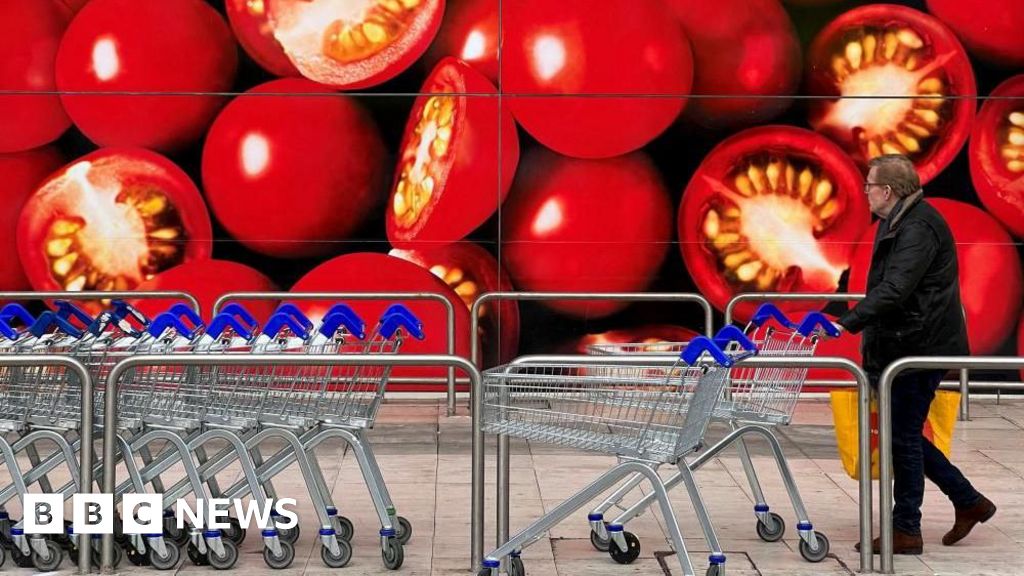
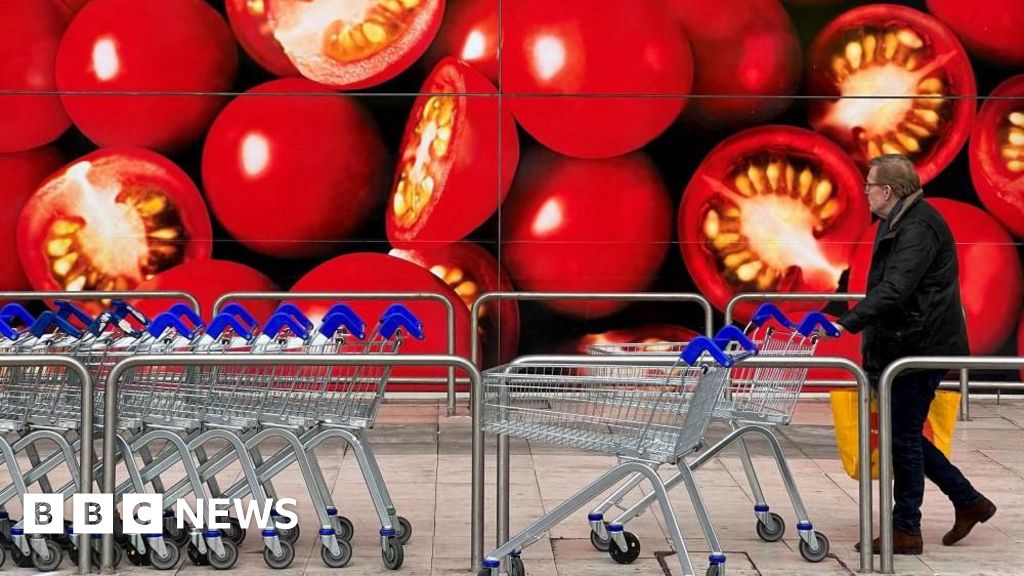
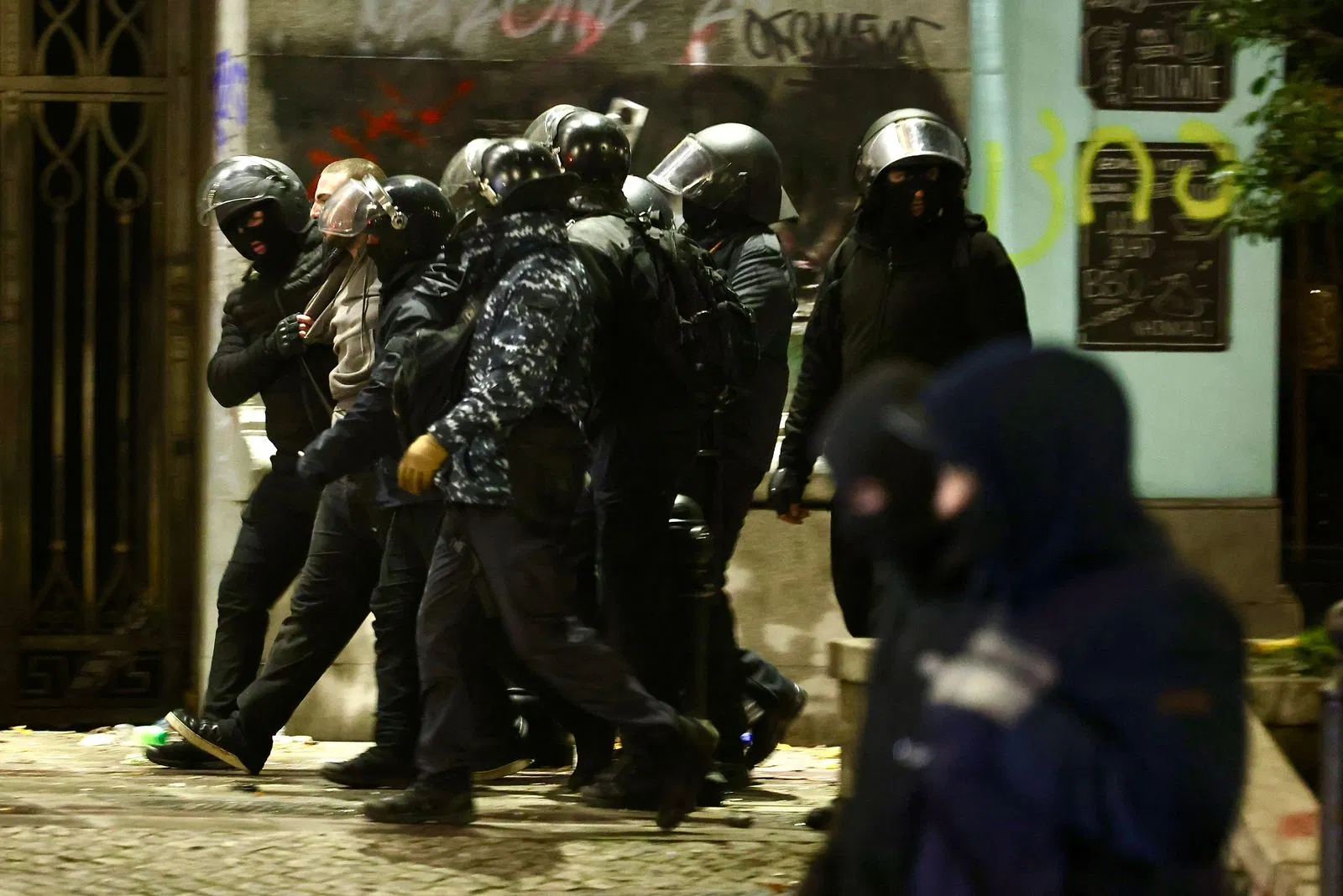
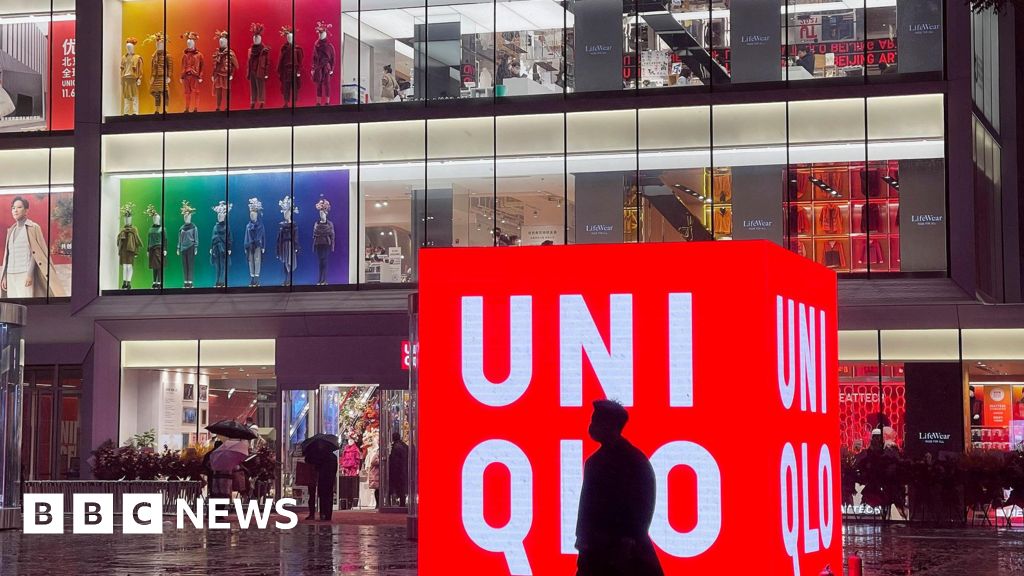


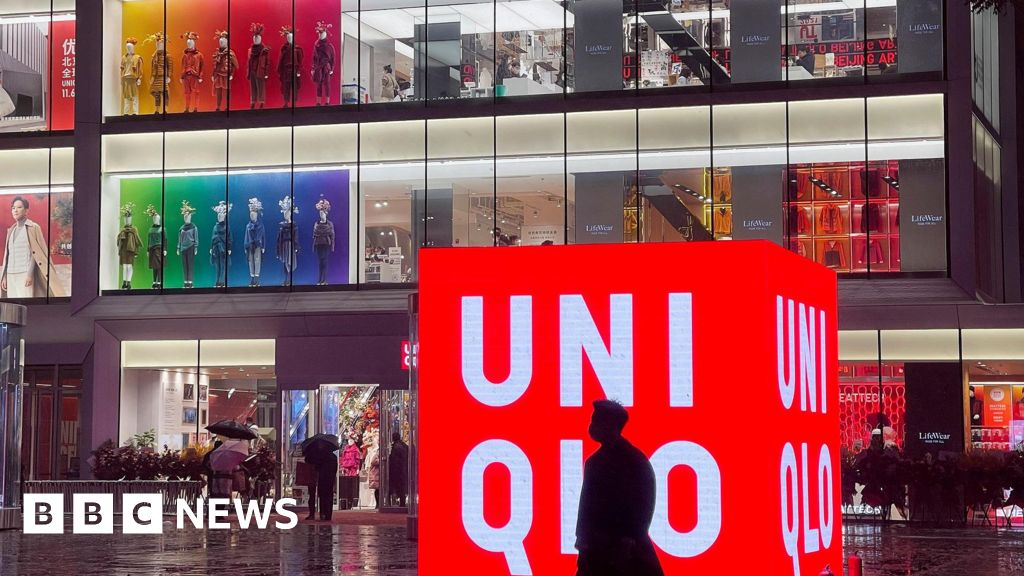


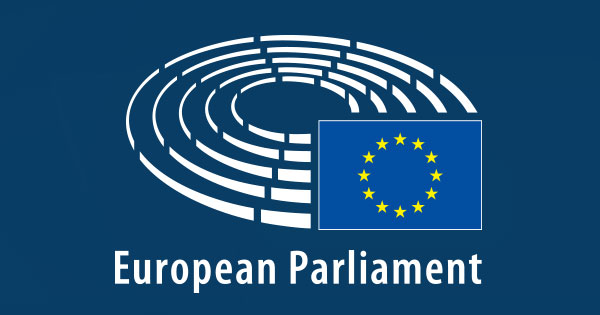
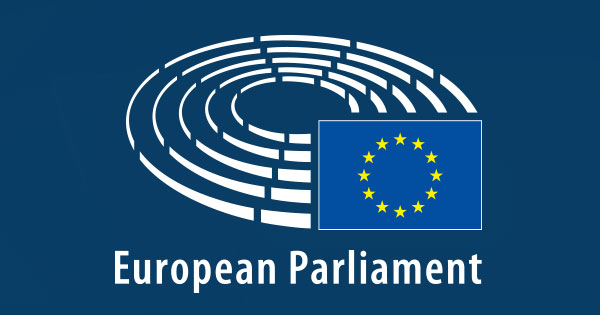

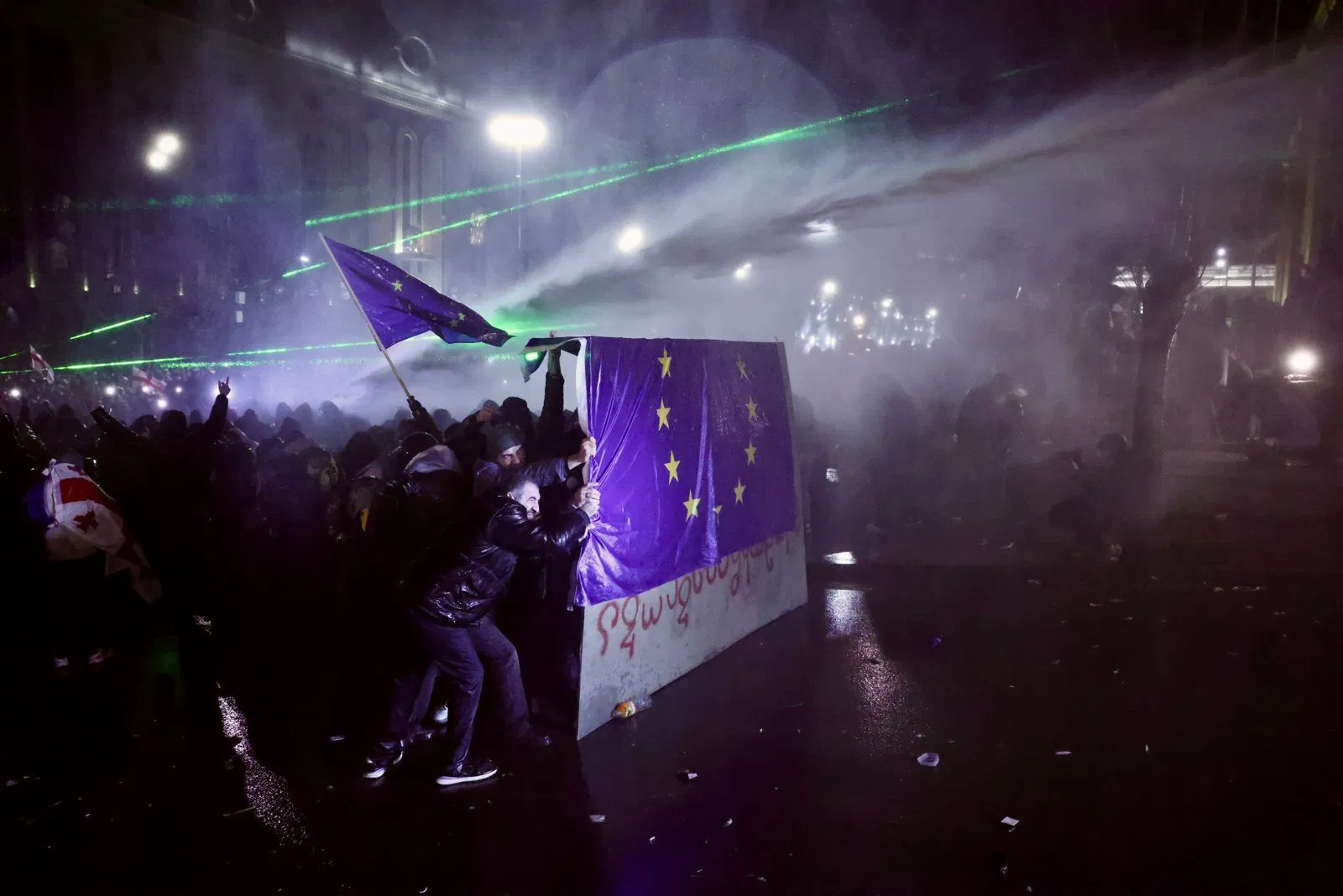

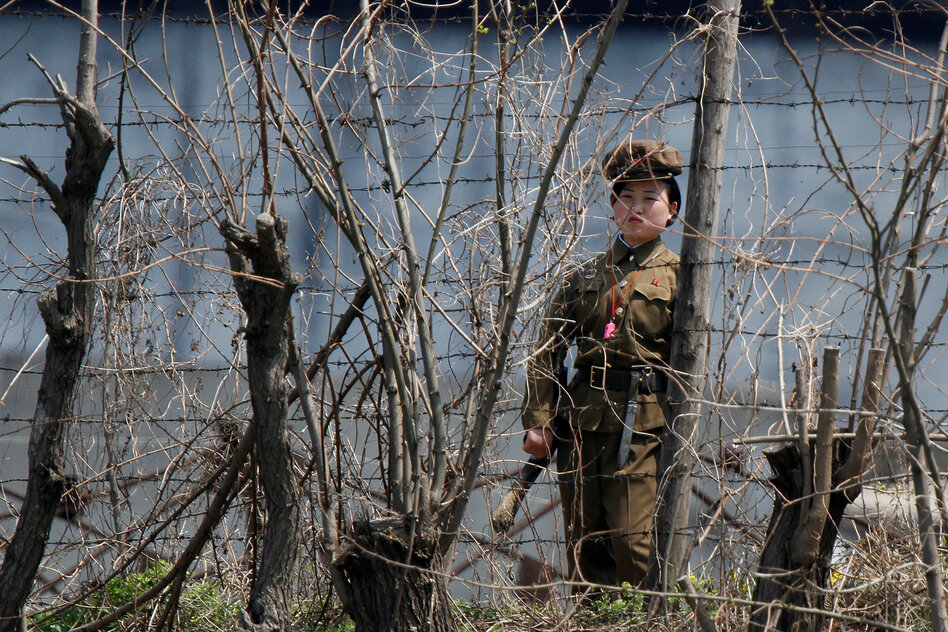

There is a thread to an article at https://feddit.org/post/5294871 that includes also images of the products, I added the link also in the body now.